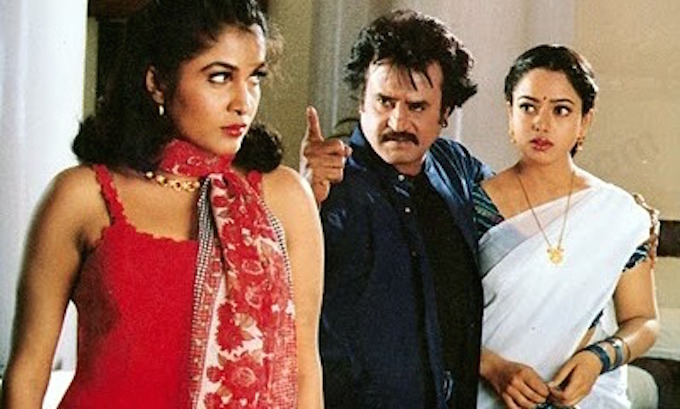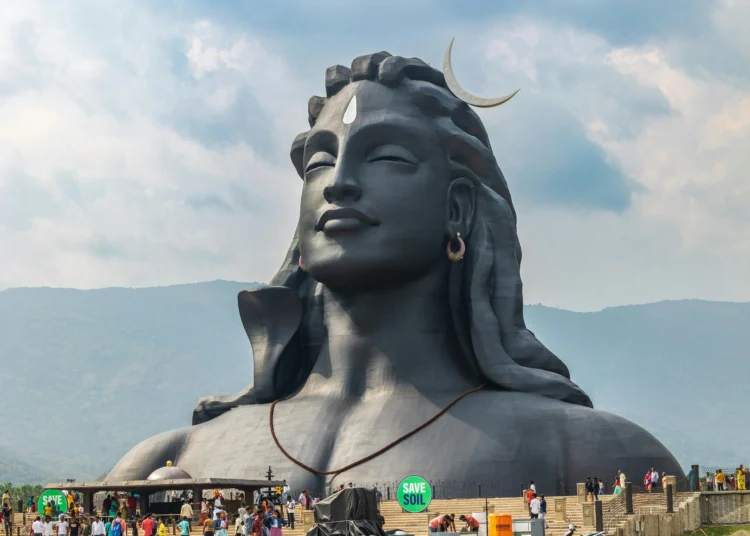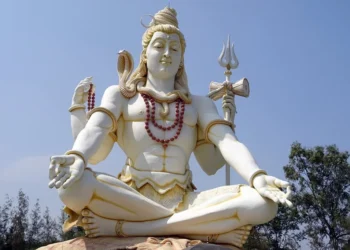This writer is a Rajinikanth fan AND a feminist. It’s not easy, and the two almost cancel each other out. And while some may argue that he is merely an actor, wouldn’t the onus lie on him to take on better roles in movies that endorse gender equality? If we can give Sivakarthikeyan a hard time for encouraging stalking and impersonation under the guise of love, shouldn’t we do the same to the Superstar who has that much more power over the Tamil audience?
Yes, he does have plenty of good advice for the masses, we cant help but to feel a slighted at his portrayal of women in his blockbuster Padaiyappa.
A noticeable trend in Rajini movies is that there is only one Alpha character. And it is always him. Of course, because he’s Rajinikanth. There was once an Alpha female, and she was the biggest star among all his co-stars, but of course, she had to die before the movie ended. Neelambari was driven to commit suicide at the end of the movie, because she was too arrogant to live a life that was ‘donated’ to her by Padaiyappa, when he saved her from the bull.

This epochal Rajinikanth movie taught us a lot. But perhaps the most significant contribution to the Tamil audience was Neelambari. Never before had we seen such a strong woman, self assured enough to stand up to the superstar himself, and challenge him openly.
What happens to Neelambari in the end is tragic, but the Tamil audience lapped it up. Of course, the evil character has to be annihilated. How else can good triumph over evil? But it made us think of a bigger question. Why is good almost always perceived to be the alpha male who can do no wrong? Heroes possess fantastic righteous values that the people always abide by, and this is highlighted by their punch dialogues which is echoed for generations to come. One such punch was as follows
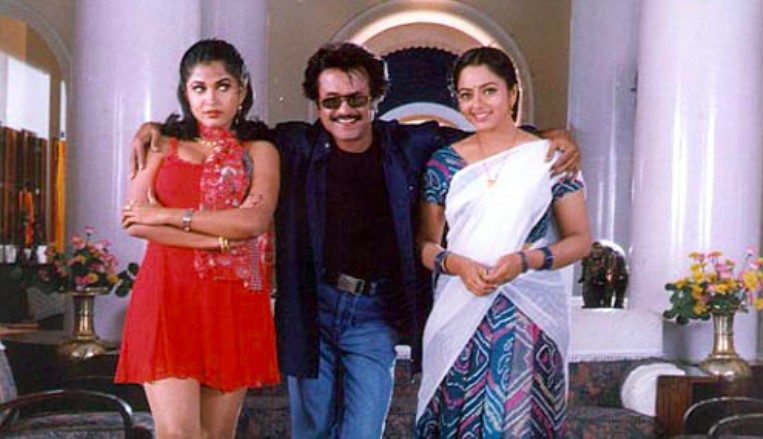
“Pombalai na.. porumai venum, kovapada koodadhu, adakkam venum, avasarapada koodadhu, amaidhi venum, aathirapada koodadhu, kattupadu venum, ippadi katha koodadhu, bayabhakthi ya irukkanum, bajarithanam panna koodadhu. Mothathula pombala, pombalaiya irukkanum.”
This roughly translates to: A woman should be patient, not wrathful, she should be submissive, not hasty. She should be calm, not incensed. She should show restraint, and not shout unnecessarily. She should be revered, not behave like a prostitute. In conclusion, a woman should behave like a woman.
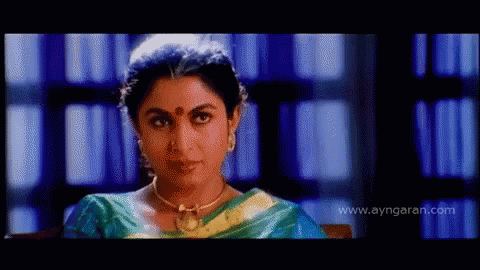
This is the heights of mansplaining. Rajini, a man, is actually telling a woman how to be a woman! Does anyone else see how absurd this is?
Guys, a word of advice. Just because the Superstar uttered this dialogue, doesn’t make it true. Tell any sane woman this today and be prepared to be laughed at or punched in the face.
While Neelambari was all that is bad, there was a female version of ‘good’ too. That lay in the character of Padaiyappa’s beau, Vasundhara, who seemed to fit his criteria of what a woman should be. Her demure and shy ways are perpetually draped in a humble saree, a far cry from the evil Ramya Krishnan, prancing around in her short dresses and crop tops. And yes, if you wear modern or revealing clothing by Indian standards, that just means you’re a bad girl. Good girls are always draped head to toe in a salwar or saree. Jyothika’s stellar performance in Pachaikili Muthucharam saw her in modest attire to begin with. But when it was revealed that she’s the villain, jeans became her new norm.
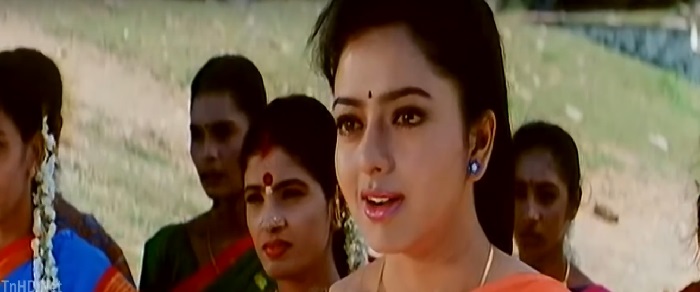
Interestingly, the female Alpha is always the villain, like Neelambari, or the evil matriarch, like Saravanan’s mother in Chandramukhi. These women know what they want, and aren’t afraid to speak for themselves, only to be vilified. In some cases, the Alpha female stands up to the hero, like Durga in Chandramukhi. She stands up for herself and her vocation of being a music teacher, only to be mansplained by the hero before breaking out into a dance sequence in the song Athinthom. She then ‘repents’ and falls for him.

Patriarchy that it is, male advances are always okay, but when a female makes those advances, they are considered dirty and unwomanly. And certainly, only two outcomes can befall such an un-Indian character. Either die like Neelambari, or repent like Durga.
Tamil filmmakers appear to have used this formula time and time again when it comes to the roles of women.
So yes, Rajini has set the bar for patriarchy with Padaiyappa. And the Tamil filmmakers simply followed suit, because at the end of the day, they want to make a living, not a social statement.
Let’s set a few things straight. Women are humans, just like men and have both good and bad attributes in them. If she’s easily angered, that’s that.Just because a woman chooses to wear short skirts over full length jeans, it does not make her a easy or a girl with bad inclinations. She is just a girl who’s more comfortable in a skirt. And if she likes a guy (or a girl) and makes an advance, that’s nothing to be ashamed of!
Most importantly, if a woman speaks out for herself and is self assured, respect that. Guys, you really shouldn’t be telling her how to dress/speak/behave. Stop telling a woman how to be a woman!

How then, does a feminist stay a Rajini fan? A new generation of filmmakers have emerged, people who see women as people, not as Goddesses nor gold. From humanizing mothers in Magalir Mattum, to the depiction of an urban Indian single mother in Taramani, to that brilliant dialogue by Aditi Balan in Aruvi.
Filmmakers know that women mean business, and 2017 was a testament to that. While we may be decades behind movies that illustrate gender equality without it being the central theme of the movie, this feminist remains hopeful. And she will continue watching Rajinikanth movies, but take it with a truckload of salt
Follow us on Instagram, Facebook or Telegram for more updates and breaking news.


